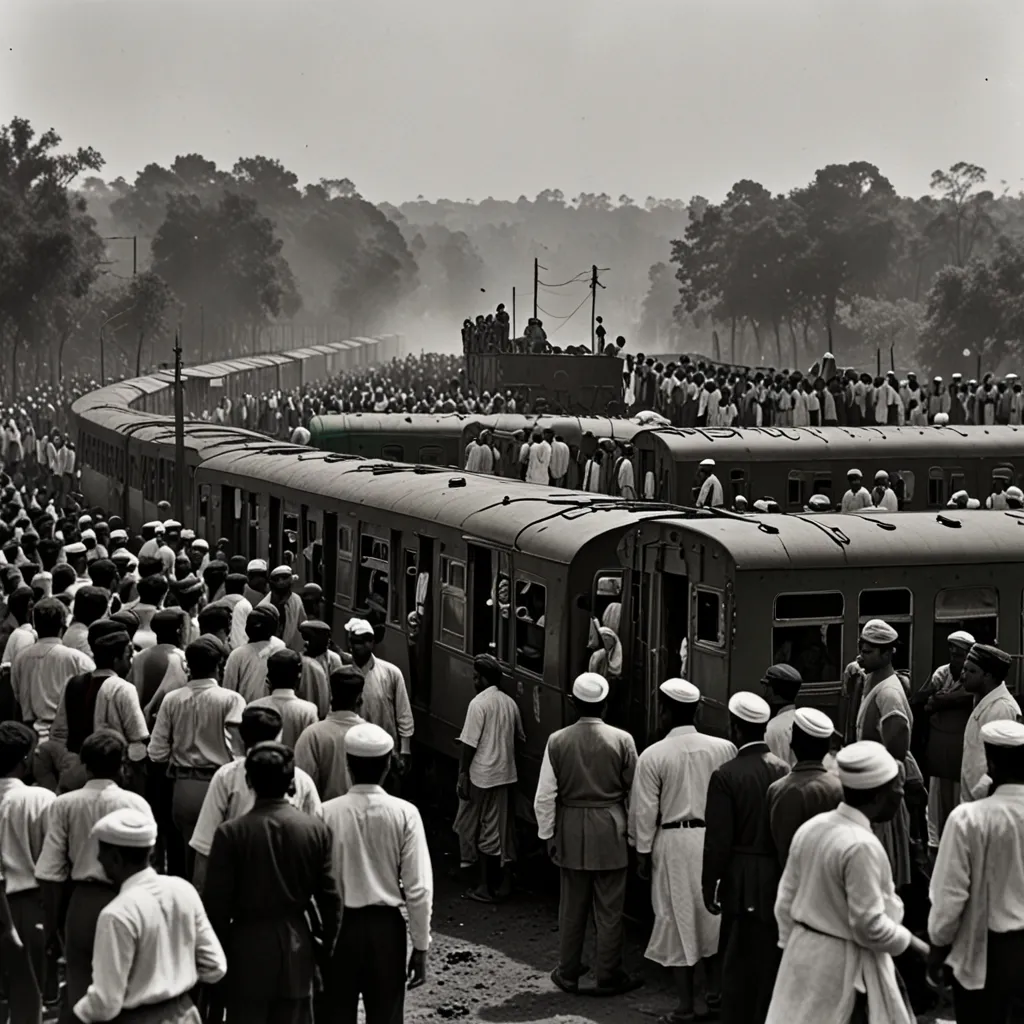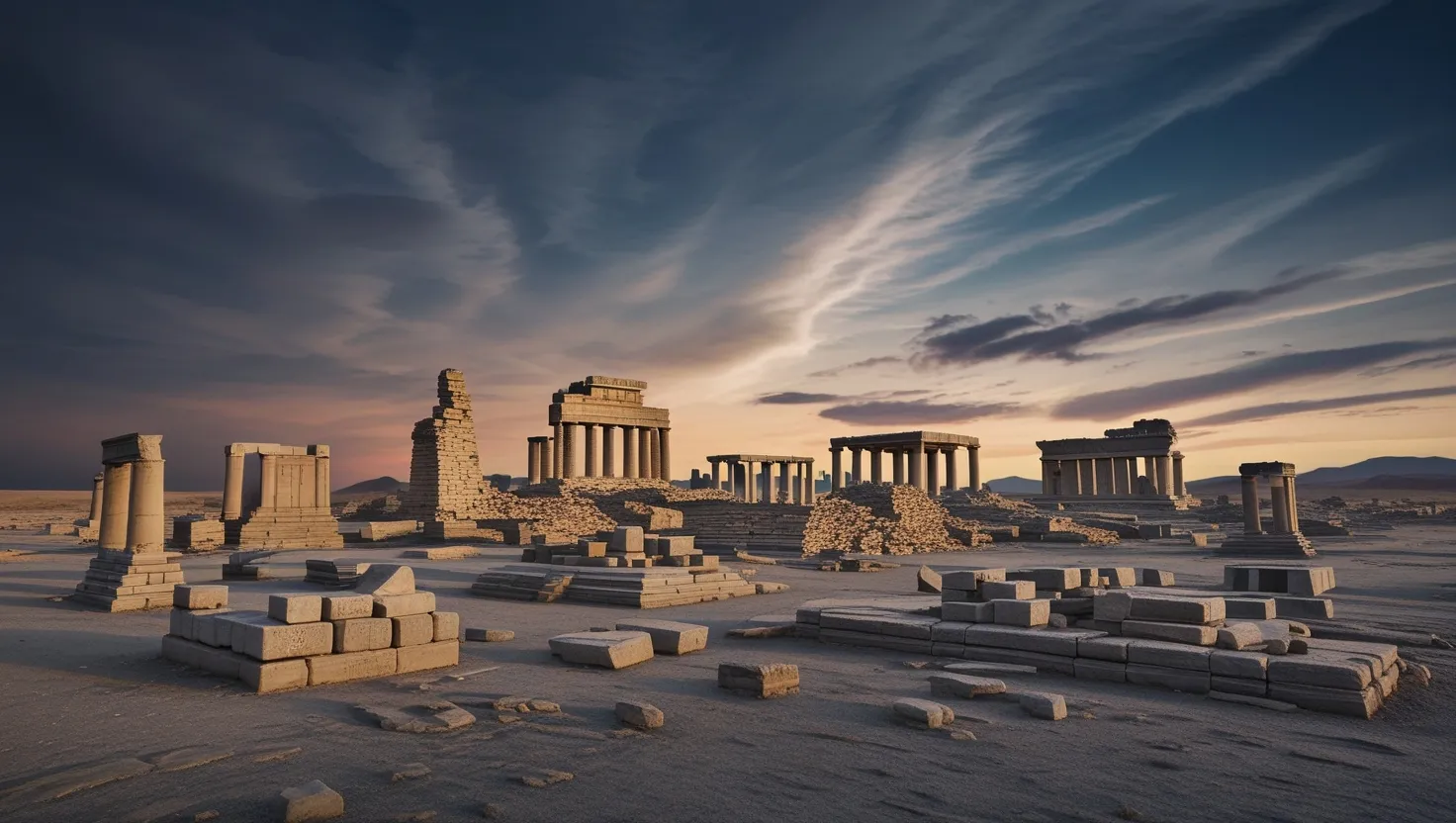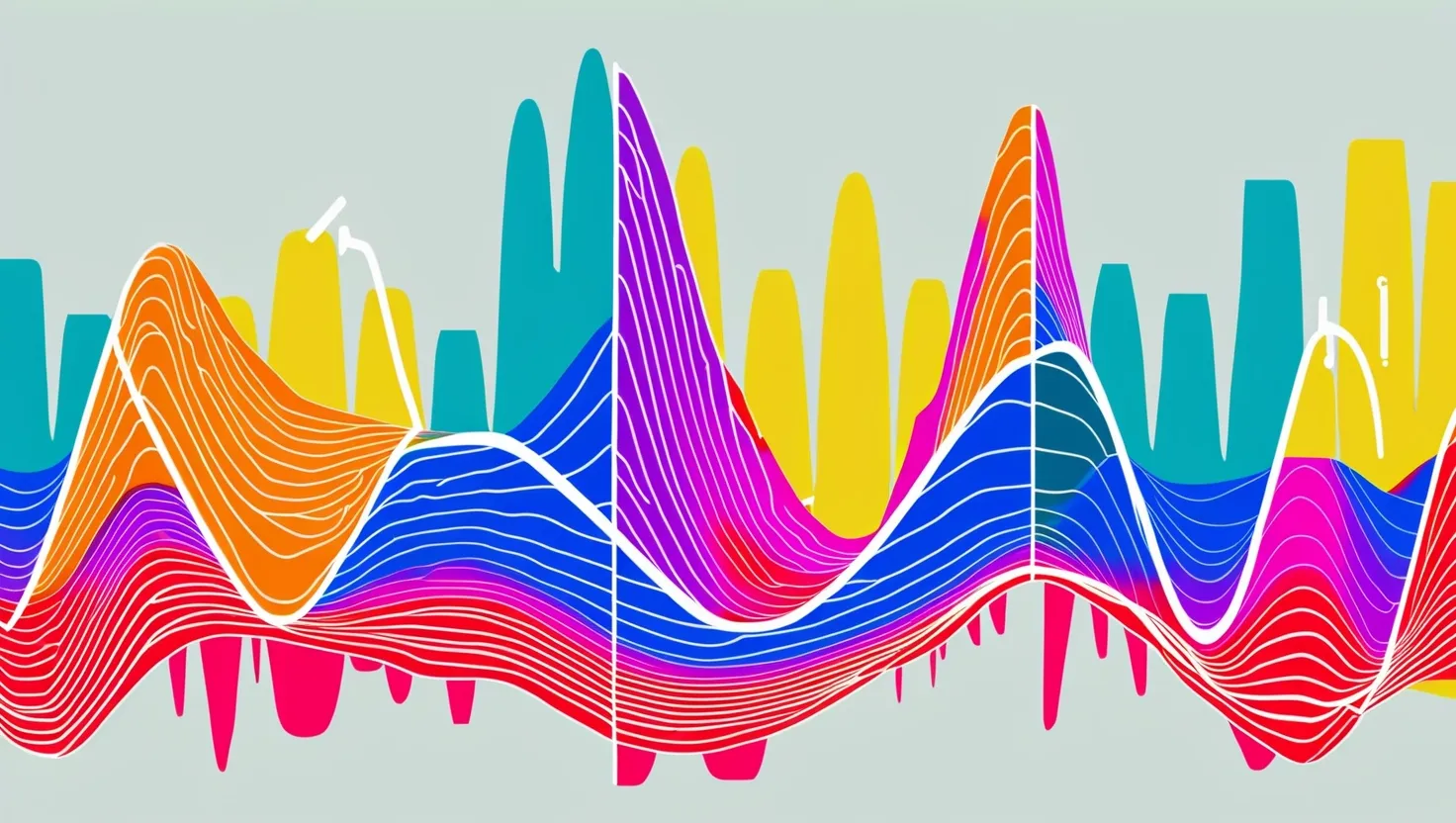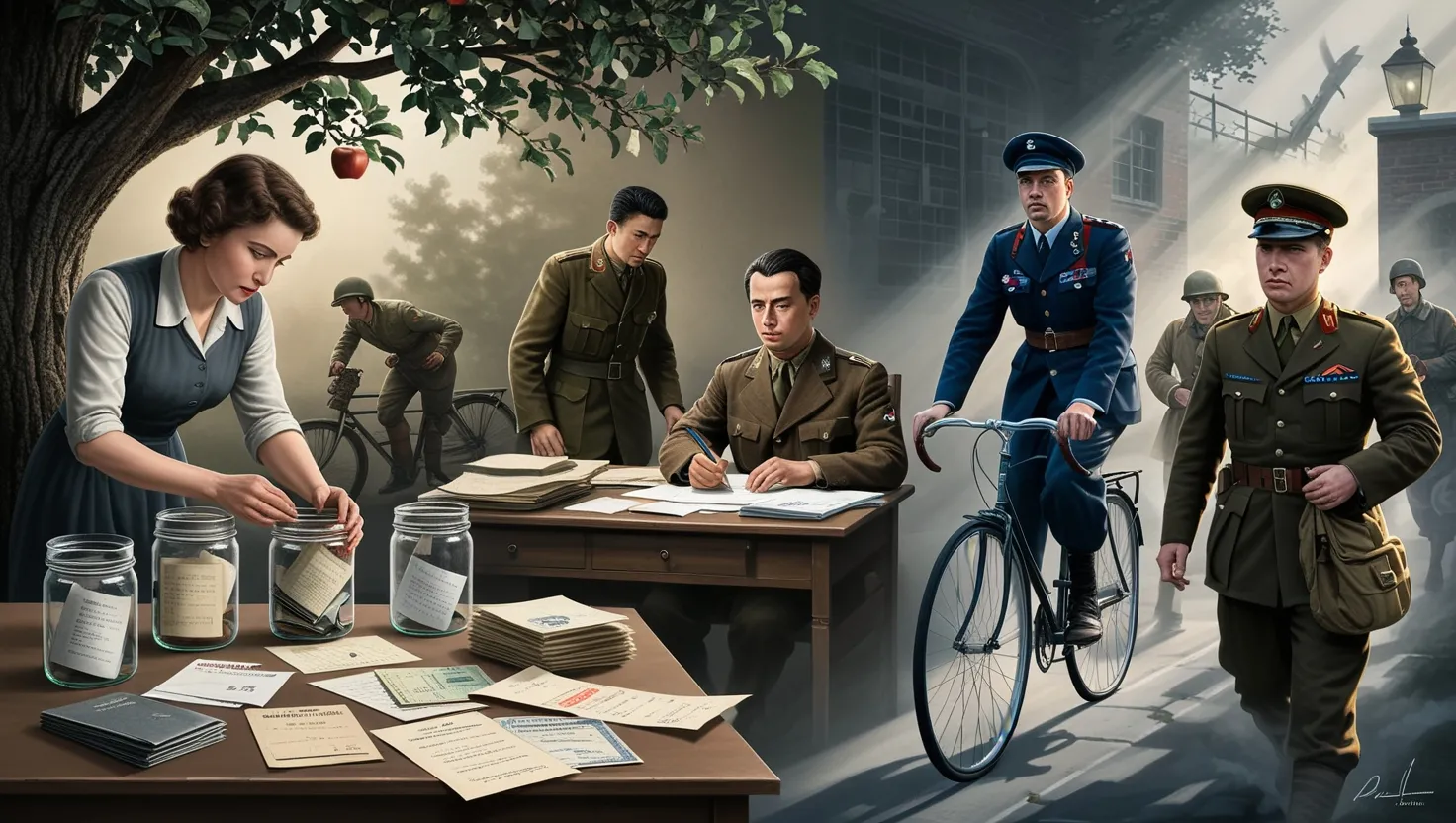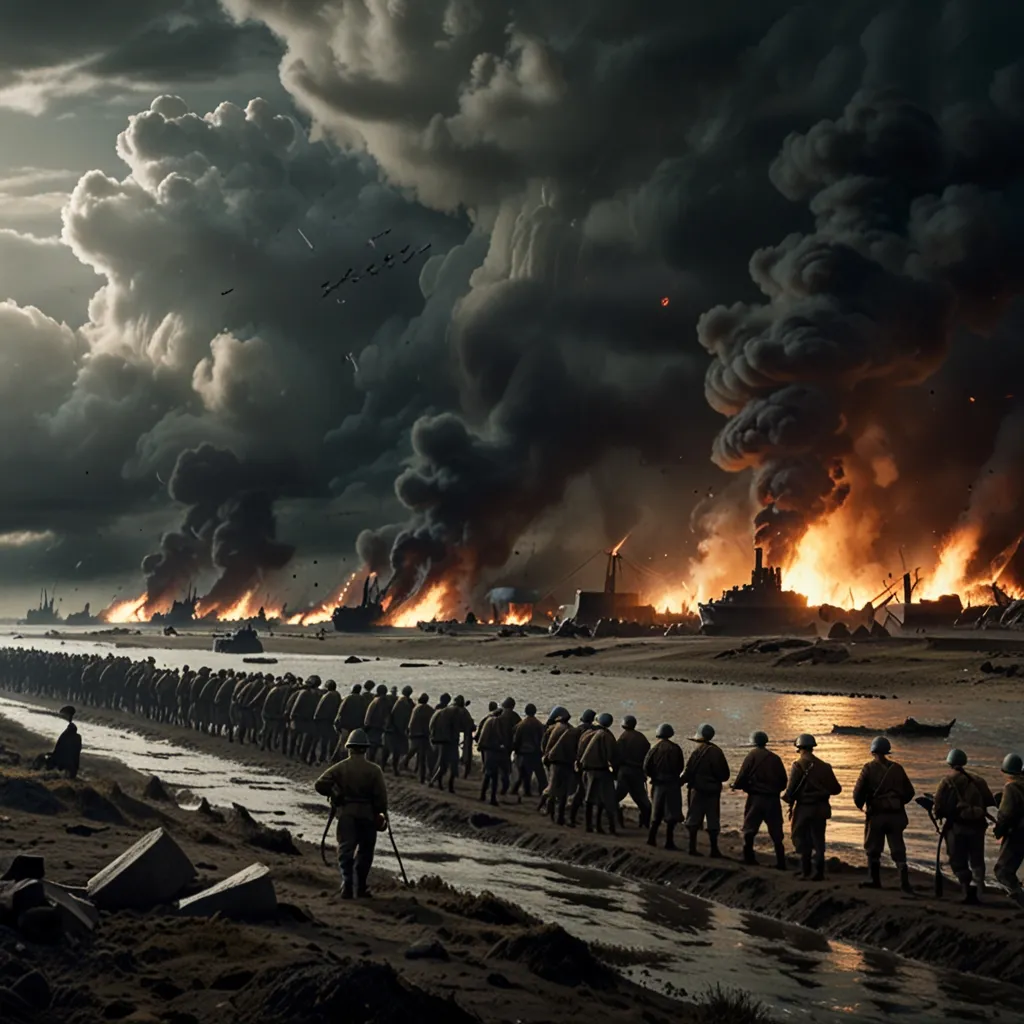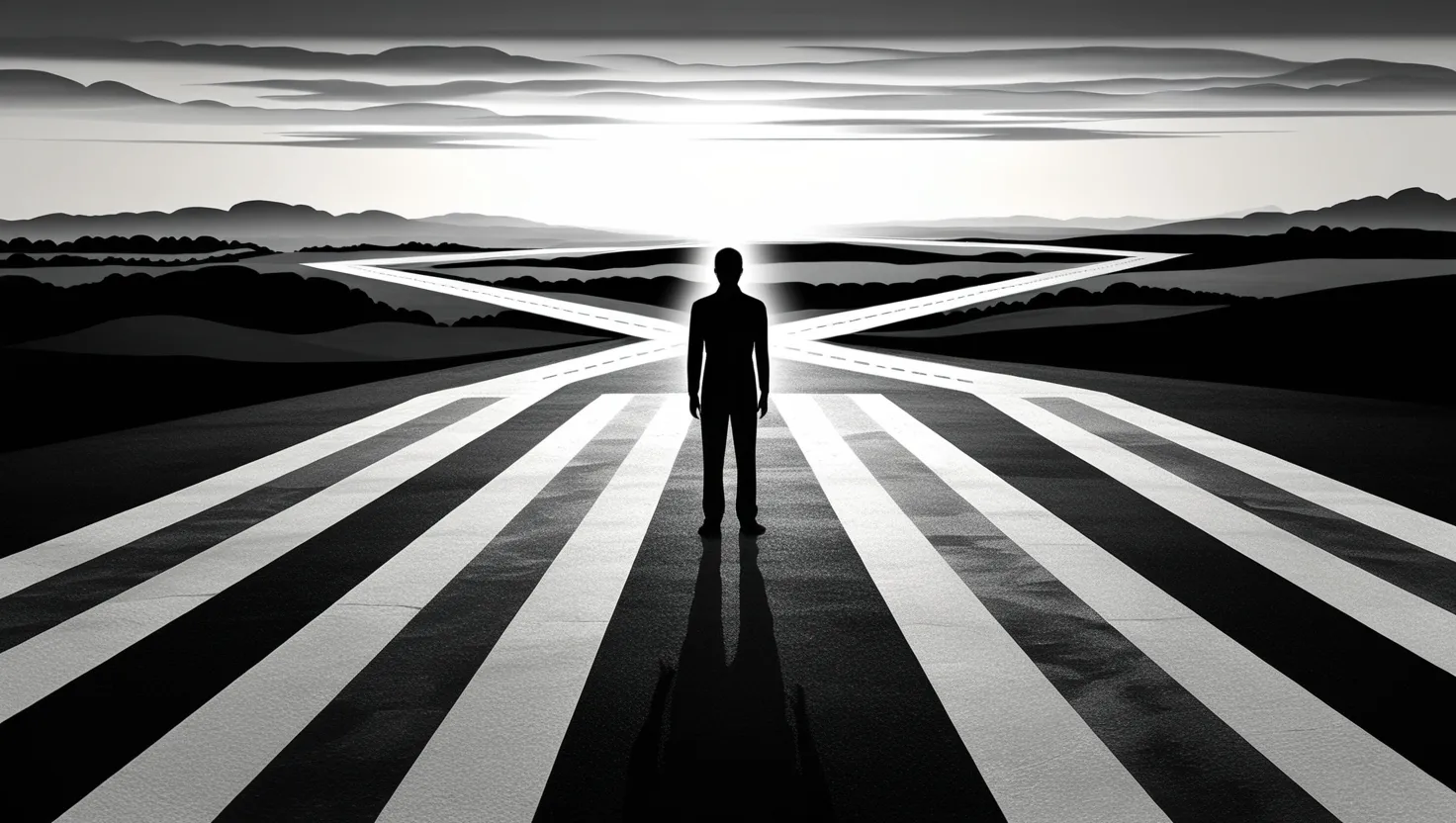Back in 1947, the Indian subcontinent went through a massive event known as the Partition of India. This was when British colonial rule ended and two new nations, India and Pakistan, came into existence. The change happened because of the Indian Independence Act pushed through by British Parliament, which kicked in on August 15, 1947.
The reasoning behind the partition was what they called the two-nation theory. This theory claimed Muslims and Hindus had different cultural and religious needs, so they needed their own countries. The Muslim League, led by Muhammad Ali Jinnah, pushed for a separate Islamic nation (Pakistan). On the flip side, the Indian National Congress, led by Mahatma Gandhi and Jawaharlal Nehru, wanted a united India. The British, having ruled over India for almost two centuries, eventually decided to split the land by religious lines—creating Pakistan for Muslims and India for Hindus and others.
This divide caused one of the largest migrations ever, with around 15 million people moving across the new borders. It wasn’t just about moving people; it was a period marked by extreme violence and communal riots. In places like Punjab and Bengal, long-time neighbors turned against each other. It’s estimated that between 200,000 to 2 million people lost their lives in the chaos.
During the partition, there was also a split in assets like the British Indian Army, railways, and the central treasury. Both new nations, India and Pakistan, had huge challenges to face, like dealing with the influx of refugees and rebuilding their economies. The trauma of that time still affects relations between the two countries, especially with ongoing tensions over issues like Kashmir.
The partition not only displaced millions but also caused people to lose homes, jobs, and loved ones. Over the years, survivors have shared their harrowing stories, shedding light on the courage, sacrifice, and resilience shown during such a tough period. These tales remind us just how strong the human spirit can be, even during the hardest times.
Artists and writers often turn to the partition for inspiration. Many have captured the human cost of independence and division through their works, reflecting on the violence and loss experienced by so many. These stories continue to be relevant today and remind us of an event that still shapes the identity and politics of the Indian subcontinent.
The legacy of the partition is complicated and layered. It’s a striking example of how hard nation-building can be and the far-reaching results of political decisions made under pressure. The impact is still felt in both India and Pakistan today, influencing their political, social, and cultural life. Understanding this history helps grasp the ongoing dynamics between these two countries and the broader implications for regional peace.
